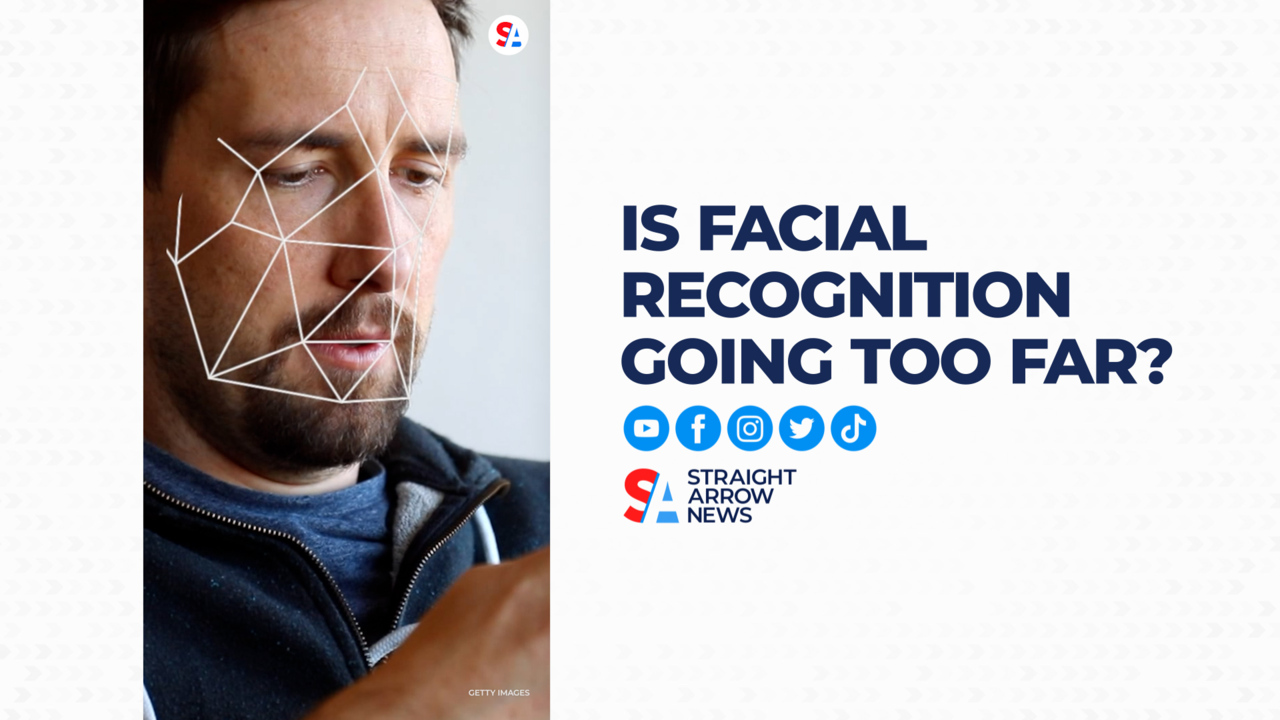
MAHMOUD BENNETT: FACE SCANNING A.I. IS CONTROVERSIAL.
IT’S BLURRING THE LINES BETWEEN SUPER COOL REVOLUTIONARY TECH AND YOUR RIGHT TO PRIVACY.
INSTAGRAM IS TESTING OUT FACIAL RECOGNITION TO VERIFY THE AGE OF ITS USERS
THIS COMES JUST DAYS AFTER MICROSOFT WENT IN THE OTHER DIRECTION OPTING TO RETIRE ONE OF ITS OWN FACIAL RECOGNITION TOOLS
THERE’S BEEN A HUGE INTERNATIONAL DEBATE ON WHERE TO SET THE LIMITS
IN AUSTRALIA FOR EXAMPLE- FACEPRINT TRACKING IS ALREADY MAINSTREAM. THE PANDEMIC PROMPTED POLICE TO CHECK UP ON YOUR WHEREABOUTS. REQUIRING SELFIES TO VERIFY LOCATION AND TO DETERMINE IF YOUR VIOLATING LOCKDOWN RULES.
HERE IN THE U.S. THE IDEA SOUNDS FOREIGN
MANY COMPANIES LIKE AMAZON, MICROSOFT AND GOOGLE HAVE DECLARED THEY WON’T SELL THEIR FACIAL RECOGNITION ALGORITHMS TO LAW ENFORCEMENT AGENCIES
SAN FRANCISCO EVEN BECAME THE FIRST CITY TO BAN THIS THIS TYPE OF TECH FOR GOVERNMENT AGENCIES
AND WHILE MANY ACTIVISTS HAVE PUSHED FOR SIMILAR BANS SOME SCHOOLS HAVE CONSIDERED FACIAL RECOGNITION TECH AS A WAY TO HELP PREVENT MASS SHOOTINGS
GIVEN HOW RAPIDLY AI HAS EXPANDED IN RECENT YEARS – WHERE DO YOU STAND? LET ME KNOW IN THE COMMENTS BELOW










